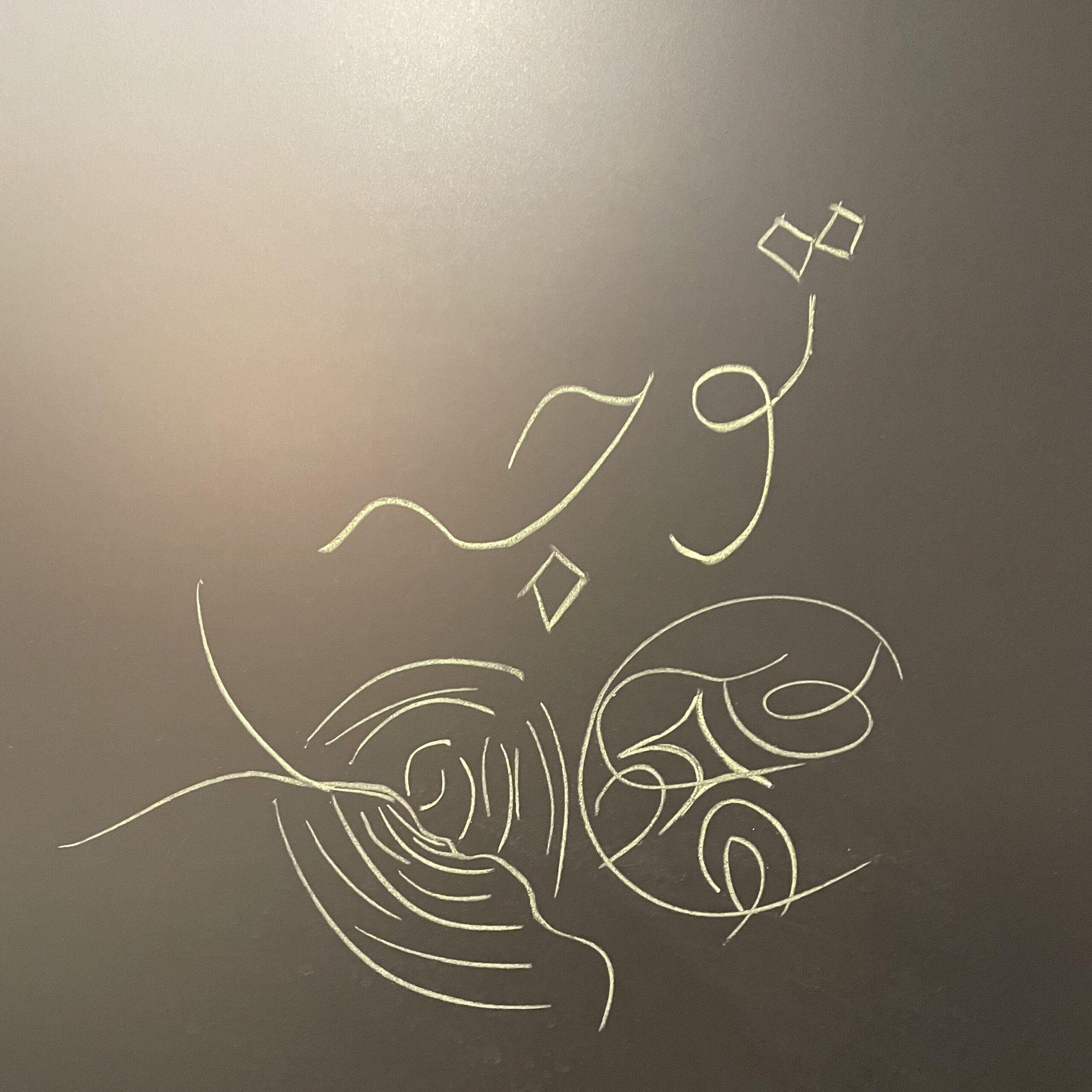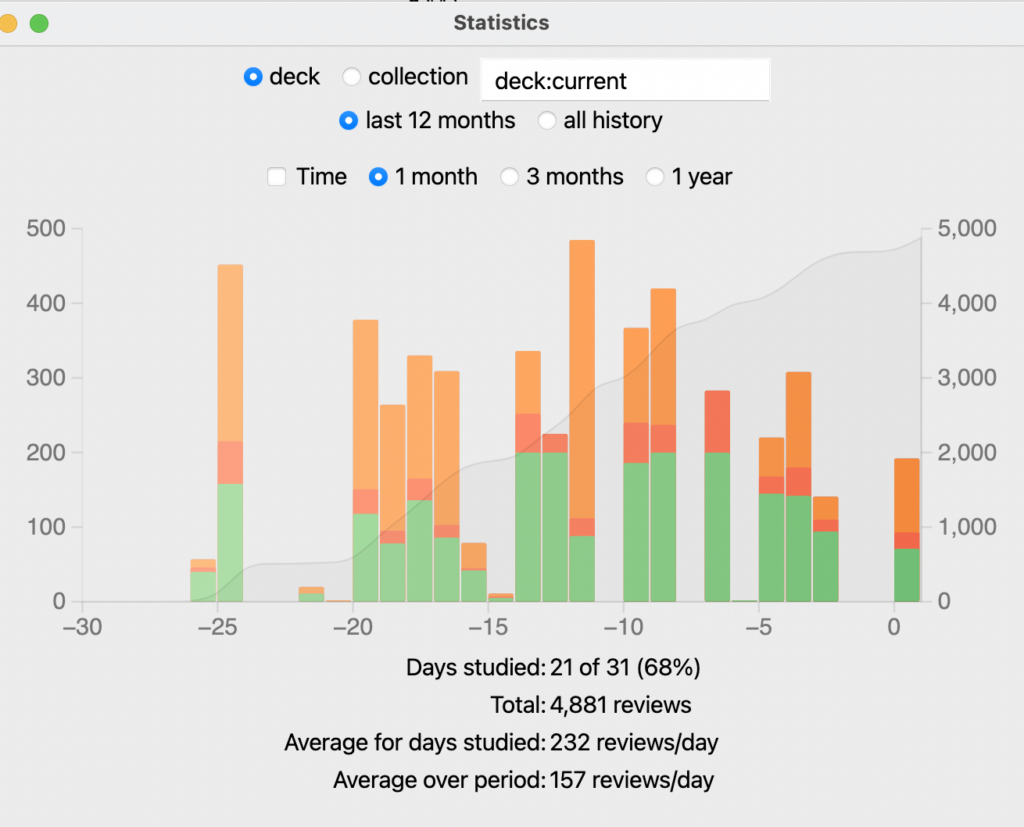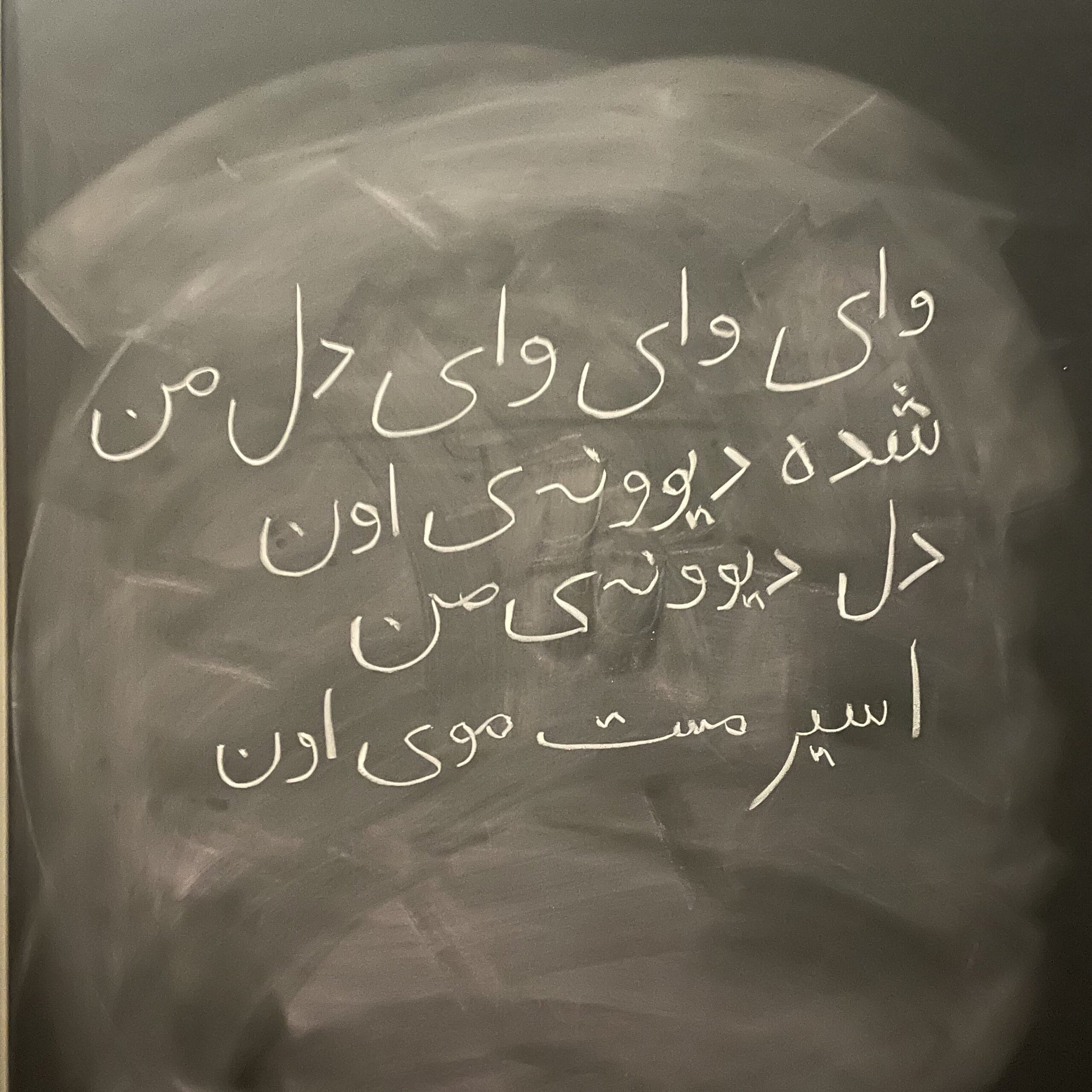As a senior concurrently enrolled in two Persian classes and working on completing a minor in German, I am no stranger to learning vocabulary words. To be frank, however, I have rarely enjoyed this process. From awkwardly jotting down words in the middle of conversations to hunting for their precise definitions and usages, I have found learning vocabulary to be more difficult and painstaking than the simple memorization task it is made out to be. The worst of all has been forgetting a vocabulary word I have studied or even failing to correctly identify a word, realizing after the fact that I ‘knew’ what it meant but couldn’t tease out the meaning in the moment.

This attitude towards vocabulary learning changed dramatically after taking Professor Jamie Rankin’s course, GER/LIN 316, Second Language Acquisition and Language Pedagogy. There, I learned that there really is much more to vocabulary learning than memorizing a list of words. I became comfortable and confident upending much of the dogma I had previously believed about the most effective way to learn words, including drilling unending Quizlet lists. In this article, I lay out a few of the strategies I use for learning the vocabulary I need for PER 107 and PER 305, outlining some of the knowledge from GER/LIN 316 that has led me to these practices.
Word Choice: When I first became serious about learning German, I downloaded vocabulary sets by theme and began drilling flash cards. I quickly learned I didn’t like doing this: learning every single vegetable in one sitting, for example, was a tedious, relatively unrewarding experience that didn’t make me feel like I was getting any better at the language. Interestingly, in GER/LIN 316 we learned of research studies that also discouraged this method of learning vocabulary, demonstrating that students often mix up similar words or antonyms when learning them in juxtaposition with one another (e.g., light and dark, far and close). Nowadays, I write down words in class and conversations that I want (or am required) to learn and only make vocabulary sets with those.
Spaced Repetition: During a Quizlet session, I used to feel invincible, reaching a point where I would knock out word after word with ease. But by the next day, I’d already have forgotten much of what I learned, contributing to my resentment of flashcards. In practice, vocabulary learning requires numerous quality exposures. Now I use Anki, a flashcard app that drills you on vocabulary words days, weeks, and even months after initially learning them to make sure they stay fresh. That being said, I struggle with slowing myself down and not rushing through these cards. To prevent autopiloting, I employ two strategies: the first is to actually read the word out loud, and the second is to state the word once more without reading it directly off of the page. Both of these strategies force me to actually produce speech, which I’ve learned to be an essential component of mastering vocabulary from GER/LIN 316.

Speech Production: Recognizing and comprehending vocabulary words versus actively producing them are distinct process that rely on different cortical pathways in the brain. It is for this reason that I find the expression to ‘have a large vocabulary’ to be a misleading one: after reviewing Anki cards, I am often proficient at recognizing and understanding a breadth of vocabulary words in a reading, but struggle with fluently or spontaneously incorporating them into my speech and writing. To combat this, I go out of my way to use three new words I’m learning in each Persian class, and while reviewing Anki cards, I often program them in as entire sentences I could see myself using in real-life situations. Last Thursday, I used “to interpret” (تفسیر کردن/taf-sear kardan), “to exhibit” ( نمایش دادن/namaayesh daadan), and “contradiction” (تناقض/tanaagoz).
Meaningful Exposure: For me, there’s a difference between knowing a vocabulary set like the back of my hand and actually recognizing those words quickly in class or real-life scenarios. This may have to do with the ‘depth’ of engagement with vocabulary words: research shows that learning words requires not just multiple encounters with them, but meaningful ones that expose you to multiple semantic characteristics grounded in realistic scenarios. What this all means is that I don’t have the best grasp over vocabulary words that don’t also crop up in my day-to-day. I work around this by putting myself in situations where those words do appear, like by listening to specific songs or having conversations with family members. I can attest that it’s extremely rewarding to encounter and understand a new word in an unfamiliar context!

At the end of the day, language learning needs to be sustainable to be effective, and that applies to vocabulary words as well. Furthermore, while I have come to enjoy Anki, it is only effective for me in conjunction with real-world language-use: I’ve found that even one good moment incorporating a new word, phrase, or idiom when speaking in Persian with friends, classmates, or family inspires me more than any vocabulary-learning session. I hope you can take some of these ideas with you and find what motivates you to learn your target language!
–Kamron Soldozy, Natural Sciences Correspondent

